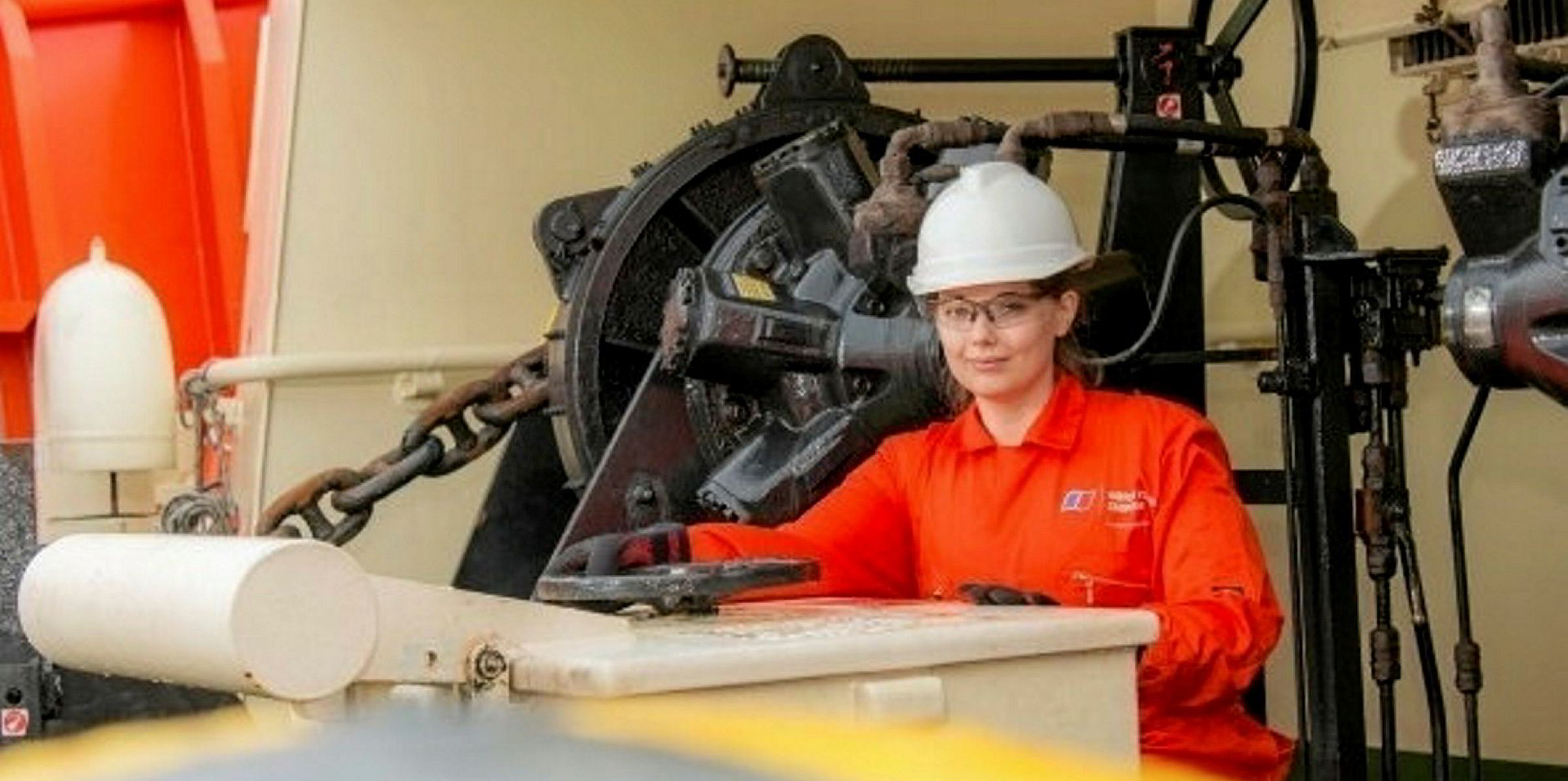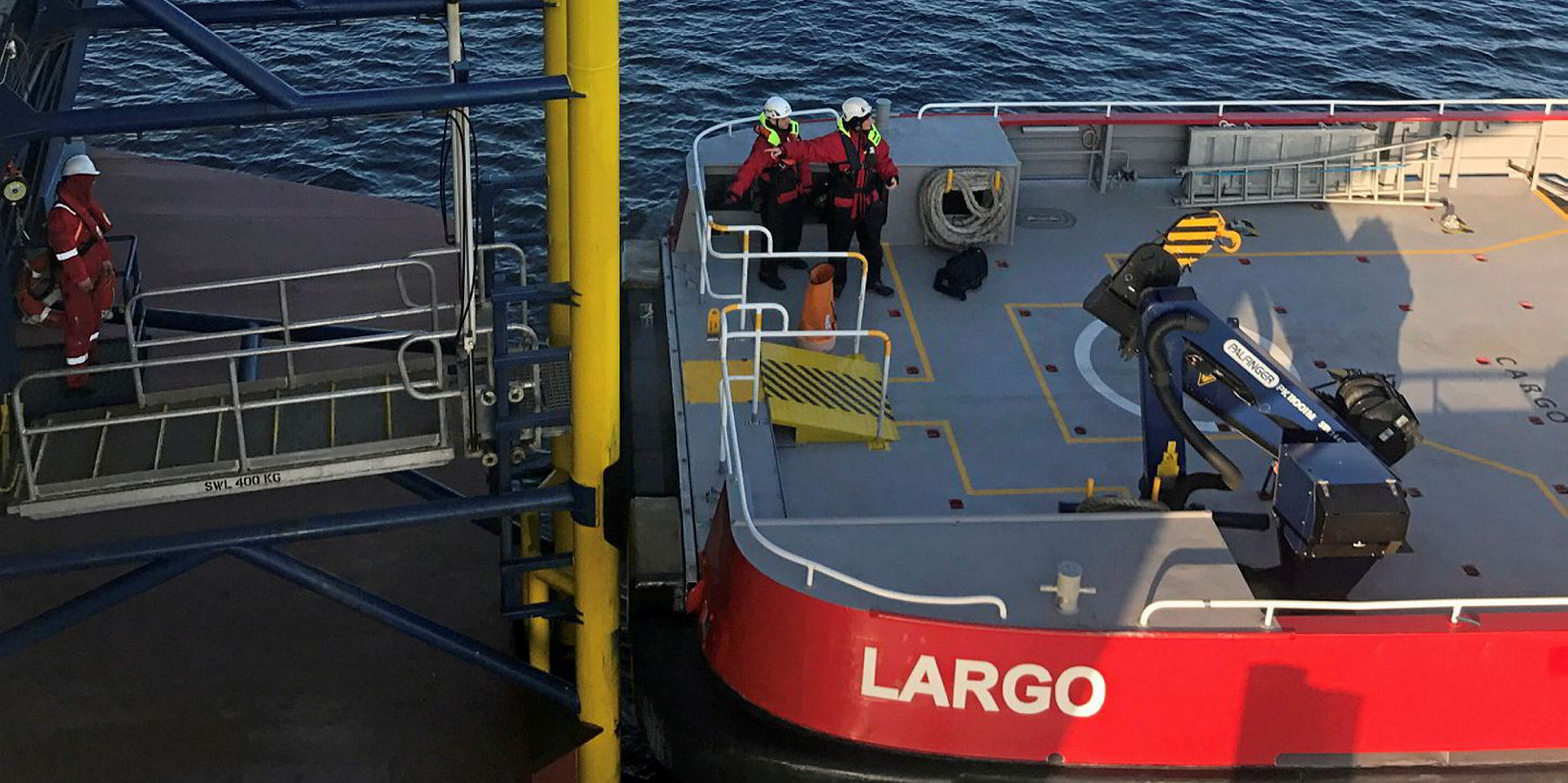Former cadet Sophia Walker told TradeWinds she was "unemployed for a long time" after the 2016 discrimination incident involving Wallem.
"As such I took any temporary employment that was available, eg a stewardess with P&O Ferries and a chief officer with Griffin Towage," she said.
"I also volunteered with the Prince's Trust charity where I helped carry out projects in the local community."
In June 2017, she started full-time employment with the Royal Fleet Auxiliary in the UK, in the role of able seafarer.
"I am hoping to progress to the role of deck officer," Walker said.
She added it was "very, very disappointing for me and my family that the case could not progress into the Court of Appeal, especially when, unusually, it was the judge who had presided over the employment appeal tribunal that allowed us leave to appeal to the Court of Appeal".
'Public importance'
Mr Justice Kerr said at the time: "The grounds are arguable and the point is of public importance."
Walker added: "Conclusively, over a three-year period Wallem has fought for shipping companies to have the right to discriminate on England and Wales soil with impunity with regard to race, disability, gender, sexual orientation, gender reassignment, age, religion or belief, in the selection process for vacancies for jobs on ships which sail under a foreign flag and in international waters."
The tribunal had said of the case: "The respondent’s conduct had been reprehensible, but the tribunal had been powerless to right the injustice done to the claimant. The claimant’s remedy, if any, lies against the United Kingdom itself."
It added: "The secretary of state may well consider it wise to revisit the scope of the 2011 regulations."
No financial support from union
The officer explained how she had joined the Nautilus International union in 2017, but it rejected a plea to indemnify her court costs because the discrimination occurred the year before.
She was unemployed at that time and did not know she could join without a job.
Walker said the action was not just about her, but others coming after her.
I am sure that you will agree that this matter should be one of utmost concern to the government, the maritime industry and those championing equal opportunities and diversity in the workplace.
Nautilus director general Mark Dickinson
Nautilus director general Mark Dickinson did, however, write to the UK ministry of transport in February, saying: "I am sure that you will agree that this matter should be one of utmost concern to the government, the maritime industry and those championing equal opportunities and diversity in the workplace."
The case arose from an incident in 2016, when Wallem sent Brian Phipps to interview graduates of Blackpool & Fylde College, including the son of the then managing director of the Wallem shipmanagement division David Price.
After some correspondence between Wallem and a Mr Ward, a senior tutor at the college, Phipps emailed Ward saying that Wallem was “an equal opportunity company” but “will not offer places for the female cadets because we can’t offer the appropriate on-board environment …”.
He went on to give his opinion that “girls have a place and a chance to succeed” but suggested the cruise industry would be better for them.
Ward forwarded that email to the male candidates and copied it to the claimant, who made a formal complaint to Wallem, saying she was outraged and disgusted.
She pointed out that her maritime qualifications and experience matched those of the male applicants.
"Deep humiliation"
She said she had “sustained deep humiliation”, demanded a response and said she had contacted various news and media and other organisations.
"There was then a flurry of internal correspondence within Wallem, not so much about any wrong done to the claimant but about annoyance with Mr Phipps for having damaged Wallem’s reputation and about how to limit the damage," the tribunal said.
Phipps was suspended and subsequently dismissed by Wallem.
Price wrote to the claimant, apologising and offering a dialogue.
But he hoped that conciliation service ACAS might “tell her not to be silly and let the matter drop”, the ruling said.




